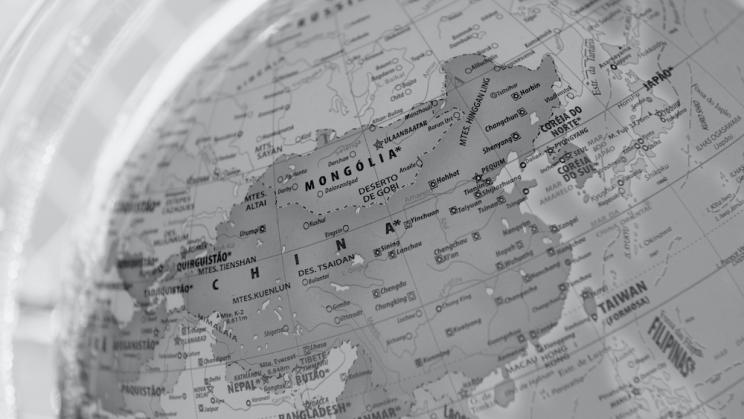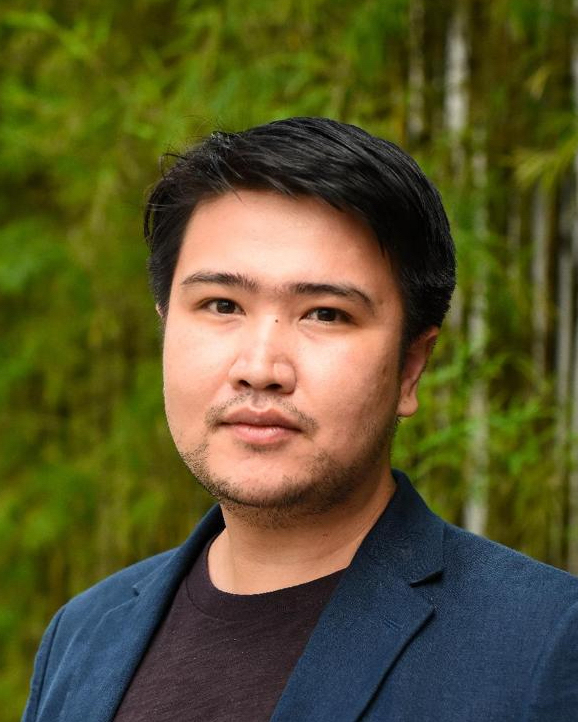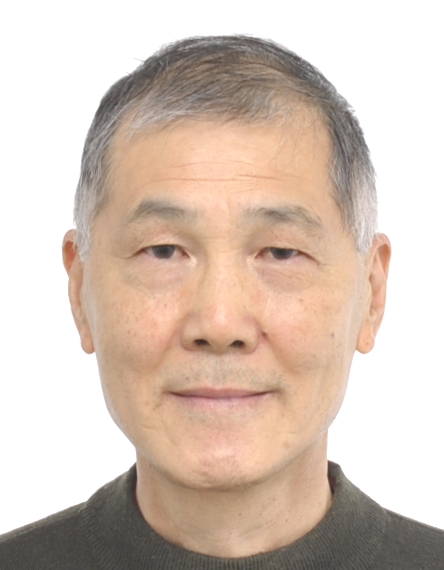
9 November 2022, 11:00–12:15 CET
Asian countries have aired similar concerns about the war in Ukraine: that it is a highly destabilizing and even dangerous development and that the parties involved should refrain from further escalation and seek a peaceful resolution. However, their reactions to Russian military aggression have differed. The reactions range from public denouncements and the imposition of sanctions through ambivalence and neutrality to implicit sympathy if not explicit endorsement. How countries navigate this complex situation, while gauging the implications for themselves, requires consideration of broader historical, economic, geopolitical and normative factors.
This panel seeks to engage the region’s views and unpack the diversity of positions on the war in Ukraine by asking panellists to discuss their country’s assessment of the war and the factors that influence that assessment. The session will also explore the implications of the war for Asia.
Moderator
 |
Fei SuFei Su is a Researcher with SIPRI’s China and Asia Security Programme. She joined SIPRI as a Research Assistance in March 2015 and was based in Beijing. Prior to joining SIPRI, she lived and studied in Seoul for three years, where she strengthened her fluency in Korean. She holds an MA in Public Administration from Graduate School of Public Administration at Seoul National University, focusing on governance. She wrote her Korean-language dissertation on the impact of government size on corruption in China. Fei's research interests focus on regional security issues in East Asia with a special interest in North Korea, China’s foreign and security policy, and maritime security. Her other research interest is within the field of geo-economics and cybersecurity. |
Discussants
 |
Iskander AkylbayevIskander Akylbayev is a Chief Research Fellow at the Kazakhstan Institute for Strategic Studies under the President of Kazakhstan (KazISS). Previously, for the last 10 years, he has served as the Executive Director at the Kazakhstan Council on International Relations, a senior fellow at the Academy of Public Administration and Kazakhstan Institute for Strategic Studies under the President of Kazakhstan. Iskander has been responsible for building the II track international partnership leading think tanks and institutions in Central Asia, China, Japan, Turkey, US, and ASEAN. He previously worked on geopolitical risk assessment of Kazakhstan's policies related to Central Asia, Russia, China, the US and Japan, and the European Union under the supervision of the President's Administration, Ministry of Foreign Affairs, and Security Council of Kazakhstan. Iskander holds multiple prestigious fellowships at Stanford University's Hoover Institution, Harvard Davis Center's Arms Control Negotiation Academy (ACONA), Asia Society, Atlantic Council, CSIS Pacific Forum, and Rumsfeld Foundation. He frequently comments on the Diplomat, Foreign Policy, Al Jazeera, BBC, and TRT World media platforms. |
 |
Zhao HuashengZhao Huasheng is a Professor at the Institute of International Studies, Fudan University. |
 |
Jagannath PandaDr Jagannath Panda is the Head of the Stockholm Centre for South Asian and Indo-Pacific Affairs (SCSA-IPA) at the Institute for Security and Development Policy (ISDP), Sweden. He is also the Director for Europe-Asia Research Cooperation at the YCAPS in Japan; and a Senior Fellow at The Hague Centre for Strategic Studies (HCSS), The Netherlands. Dr Panda has testified to the U.S.-China Economic and Security Review Commission of the US Congress. As a Senior Expert on Indo-Pacific and China, Dr. Panda leads a Books Series with Routledge and is the Series Editor for Routledge Studies on Think Asia. He is the author of the book India-China Relations (Routledge: 2017) and China’s Path to Power: Party, Military and the Politics of State Transition (Pentagon Press: 2010). Dr. Panda’s recent edited works are: Chinese Politics and Foreign Policy under Xi Jinping (co-edited), Quad Plus and Indo-Pacific (Routledge: 2021); Scaling India-Japan Cooperation in Indo-Pacific and Beyond 2025 (KW Publishing Ltd. 2019), and The Korean Peninsula and Indo-Pacific Power Politics: Status Security at Stake (Routledge, 2020); and co-editor of The Future of Korean Peninsula: Korea 2032 and Beyond (Routledge, 2021). |
 |
Tae-Eun SONGDr Tae-Eun SONG is Assistant Professor at the Korea National Diplomatic Academy (KNDA), She received her Ph.D. in International Relations from Seoul National University and Master's from University of California, San Diego(UCSD). Professor Song currently serves as Research Director of the Korean Association of International Studies(KAIS), General Affairs Director of Korean Association of World Politics of Information(KAWPI), and also Advisory Committee Member of the National Assembly Library of Republic of Korea. Her major field of research is emerging security issues such as cyber security, hybrid threats, emerging technologies and information/psychological/cognitive warfare as well as influence operations. |